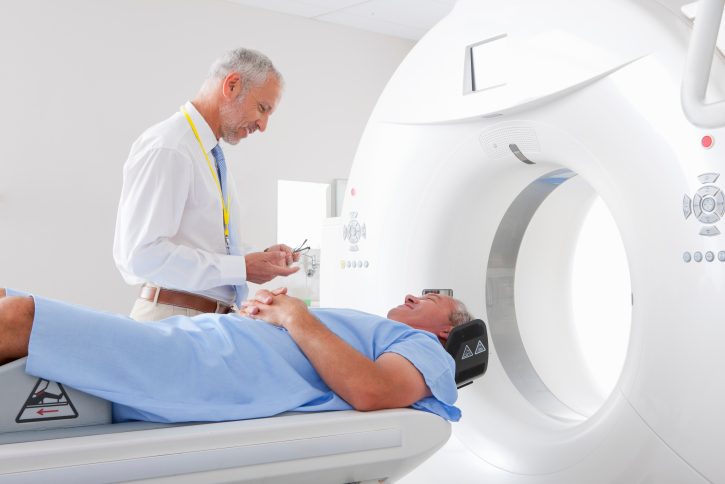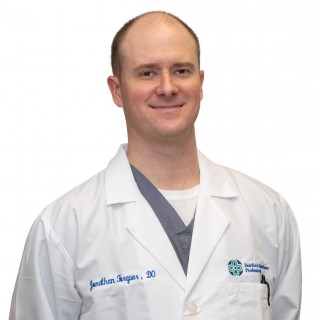
with Jonathan Forquer, DO
Fairfield Healthcare Professionals Cardiology
740-689-4480
Cardiovascular disease has long cemented itself as the leading cause of death in the United States. Many innovations and advancements in the field have been designed to improve survival and recovery when a cardiac event occurs, but preventive cardiology may offer a solution before the problem ever arises.
“Preventive cardiology is where we get to work on keeping that first heart attack from ever happening,” explained Jonathan Forquer, DO, of Fairfield Healthcare Professionals Cardiology. “When we can identify cardiac disease early using things like coronary artery calcium (CAC) scores, we can get ahead on a patient’s health.”
While factors such as family history, comorbidities, and lifestyle choices can increase the likelihood of cardiovascular disease, CAC scores can be used to evaluate risk in patients with or without symptoms. In addition to being cost effective and quick, the test is noninvasive, using a low-dose CT scan to determine the degree of calcification and plaque build-up within major arteries. Resulting scores may range from 0 (indicating no plaque) to over 400 (indicating large amounts of plaque).
Based on these results, primary care providers and cardiologists can work together to determine the best course of action for management and prevention.
“By identifying early plaque formation, we have the opportunity to be very aggressive in controlling cholesterol, blood pressure and diabetes,” Dr. Forquer explained. “For those who don’t have any calcium deposits in their arteries, we can instill the importance of continuing proactive prevention rather than coasting until those red flags appear.”
Coronary Artery Calcium Scores
Most commonly, coronary artery calcium scores are recommended for individuals between the ages of 40-70 who are at an increased risk for heart disease, including those with:
- History of tobacco use
- High blood pressure
- High cholesterol
- Diabetes
- Obesity
This test is most beneficial for evaluating risk in patients without symptoms. In some cases, individuals younger than 40 with a strong family history of heart disease should be considered for screening.
Talk to your primary care provider or cardiologist about whether this test is right for you. To contact Fairfield Healthcare Professionals Cardiology, call 740-689-4480.
